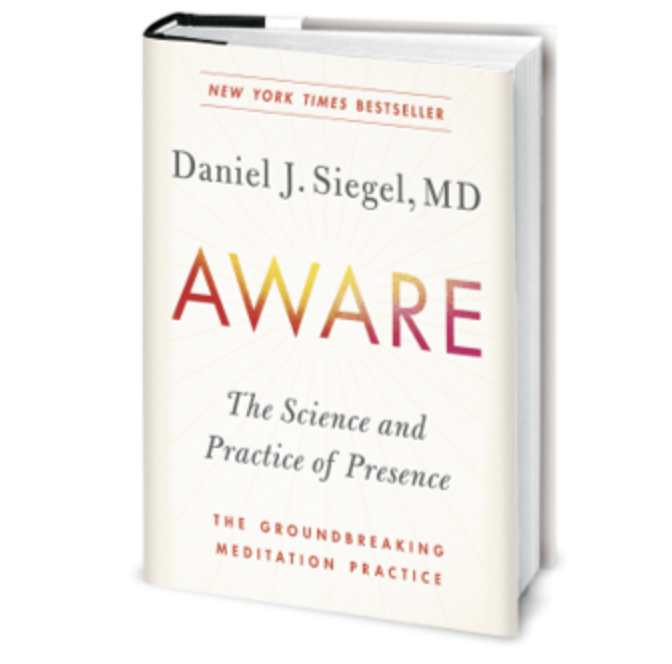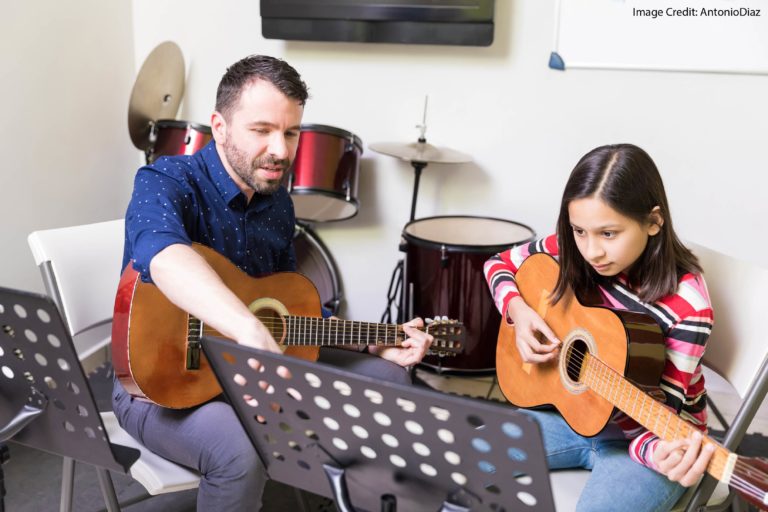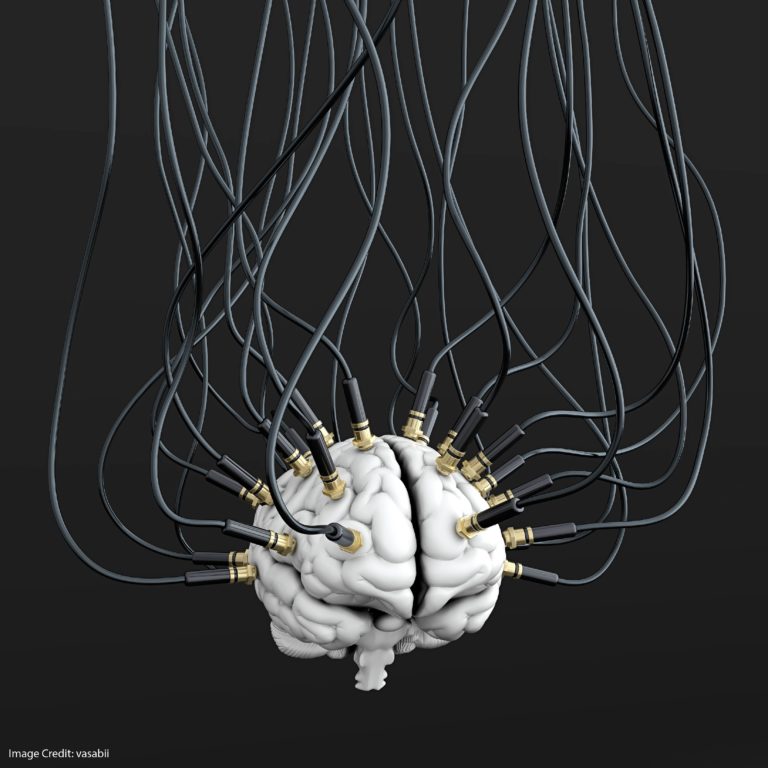Tags
ADHD adolescence attention autism book review boundary conditions classroom advice conference speakers constructivism/direct instruction creativity desirable difficulty development dual coding elementary school embodied cognition emotion evolution executive function exercise experts and novices gender high school homework intelligence long-term memory math methodology middle school mindfulness Mindset motivation neuromyths neuroscience online learning parents psychology reading retrieval practice self-control skepticism sleep STEM stress technology working memoryRecent Comments
- Early Thoughts on A.I. Research in Schools |Education & Teacher Conferences on ChatGPT and Beyond: The Best Online Resources for Evaluating Research...
- Thom Gething on Teachers’ Professionalism: Are We Pilots or Architects?
- Experts, Expertise, and Teachers (and Students!) |Education & Teacher Conferences on How Do Experts Think?
- Embodied Cognition: How Physical Experiences Shape Abstract Thinking on “Embodied Cognition” in Action: Using Gestures to Teach Science
- The Power Of Meta-Learning For College Students - The Techs Storm on Meta-Learning: The Importance of Thinking about Thinking
ABOUT THE BLOG
Monthly Archives: November 2019

Aware: The Science and Practice of Presence–The Groundbreaking Meditation Practice...
Aware: The Science and Practice of Presence guides readers through a meditative practice based on…
More about Macbeth and Memory
Earlier this month, I wrote about the distinction between autobiographical memory and semantic memory. Both…

Does Music Training Help Us Pay Attention?
We can’t improve our students working memory. But, recent research from Chile suggests that music training might benefit one part of our attention system. Continue reading

Getting the Timing Right: Critical Thinking Online
Spacing practice out helps students learn all sorts of things. Can it help them learn to be critical thinkers online? Continue reading
Posted in L&B Blog
Tagged boundary conditions, classroom advice, critical thinking, long-term memory
Leave a comment

Can a Neuromyth Result in a Truce?
Tom Sherrington wants to call a truce between PBL advocates and those championing direct instruction. In a recent essay, he presents the terms of the cease fire. Continue reading

Welcome to Boston! (Almost)
I’m looking forward to putting names to faces at our Boston conference! Continue reading
Posted in L&B Blog
Leave a comment

Fostering Curiosity in the Classroom: “What Percentage of Animals are...
When we ask students to predict the answers to questions, we make them more curious about those answers. Continue reading

Tea and Macbeth: Autobiographical vs. Semantic Memory
Dramatic classroom events are memorable, but they’re the wrong kind of memorable if we want students to learn the underlying concepts. Clare Sealy explains why. Continue reading

Inquiry- and Problem-Based Pedagogy: Dramatic Results in South America (?)
This study conclusively shows that good teaching is more effective than bad teaching. Continue reading

Today’s Neuro-Nonsense: Reading Brainwaves in the Classroom
Live EEGs in the classroom just don’t work this way. Continue reading
